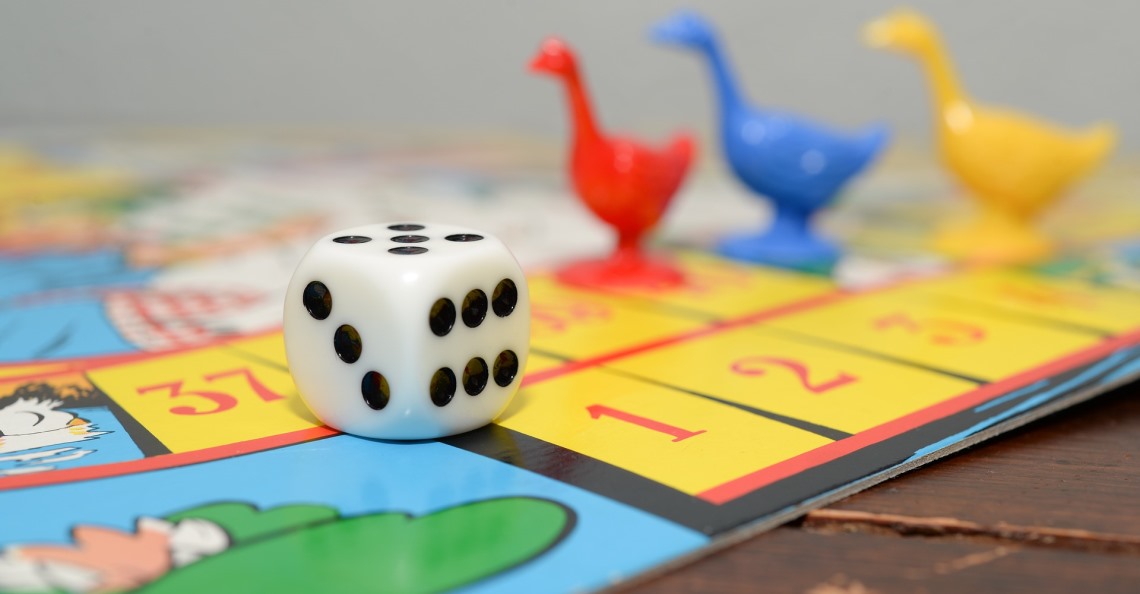No one likes a sore loser! Whether it is a friend, family member, colleague or acquaintance, we’ve all had a painful interaction with a sore loser whether it’s on the sports field, playground or online games.
A sore loser is always the victim, blames others for their losses and is easily frustrated when things aren’t going their way. “Losing” is an inevitable part of life and the ability to reflect and bounce back is an important life skill that we start to develop during our childhood. Experiencing the emotions that come with losing is important because it teaches children about appropriate ways to express their disappointment as well as how to express empathy for the loser.
Board games are one great way that children can begin to learn about appropriate behaviours around losing. The importance of learning to lose goes beyond learning to play smarter and harder next time. It helps children learn that nobody is perfect and that it is not possible to win all of the time.
Ultimately it is all about grace. While a sore loser is painful, equally someone who is a bad winner can also be horrible. Losing and winning gracefully is something that has to be learnt. Below are some tips that can help teaching children appropriate behaviour around winning and losing.
1. Set an example
Kids are always observing so it is important to lead by example. Children are constantly developing their social skills and look for someone to imitate (usually one or both of their parents). In a majority of cases parents are a child’s first teacher and role model.
Aim to be a role model when playing board games with your children. This can be done by cheering on other players, congratulating the winner and being graceful in your loss and not sulking or complaining because you did not win.
2. Practice being a graceful winner
While there is nothing wrong with being proud of your win, show-boating and bragging reinforces this behaviour as appropriate to your child. Instead, you should aim to be proud of your success but also congratulate the other players on their efforts and thank them for playing against you.
3. Analyse without the blame
Like most skills, practice makes perfect. If your child loses a game take some time to discuss with them what they could have done differently, so they can improve their chances for the next round. It’s also a great opportunity to talk to your child about chance, luck and probability!
If you have a child who loves board games, our upcoming July school holiday program introduces them to game design principles and challenges them to design a board game that solves real life problems in the aviation and aerospace industry. To find out more visit https://www.teenstartupcamp.com.au/



